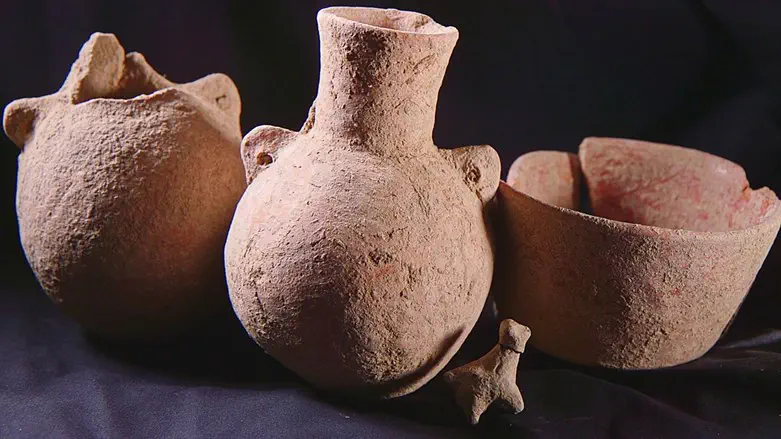
 Scattering sparks, shattered vessels. That's who we are. We are part of the sparks of Adam and shattered spirits, both physically and spiritually. How do we initiate the final return to reach wholeness with ourselves and others? Is being scattered and shattered in fact the way to salvation?
Scattering sparks, shattered vessels. That's who we are. We are part of the sparks of Adam and shattered spirits, both physically and spiritually. How do we initiate the final return to reach wholeness with ourselves and others? Is being scattered and shattered in fact the way to salvation?
I once sent an email to Rabbi YY Jacobson whose posts frequently appear on Arutz Sheva. He answered my questions. Then I had a follow-up. He responded that he apologized, he couldn't address every question because he gets about 200 emails a day, and he still had 12, 000 to answer. 12,000! We are talking about someone who is taking the klal's problems on his shoulders.
This gave me context to another shiur I heard from him. He pointed out that our salvation will come when we're willing to face our vulnerabilities and not shun away from our children or spouses who seem so difficult. Within the word rachamim, mercy, is rechem, a womb. We have to be a womb to listen and be sympathetic to other people’s problems, because it's through problems and difficulty that the truth can emerge.
He brought up the Rashi that comments on Yaakov’s request for shalva, tranquility, where G-d responds, it’s enough that tzaddikim have rest in the next world, and yet you ask for tranquility in this world? Immediately the episode of Yosef is thrust upon him.
The Lubavitcher Rebbe asks, talking about Yaakov: He went through a tumultuous life. Was it so bad for him to ask for shalva? The truth is that one from the outside might think that Yaakov had a wonderful life with his children.
However, from within, there was jealousy, hate and the desire to kill. Within was a family that was broken and needed to be restored. G-d said to his beloved Yaakov. Do you really want tranquility? Then work out the inner breakdowns in your family. In this case, wholeness could only come through empathy, vulnerability and inner work. In the end, Yehuda claims responsibility for Binyamin, coming full circle and healing the hate and jealousy that haunted this family.
Rabbi Dovid Hirsch asks a powerful question. When the verse talks about the fact that “this” is close to you in your heart and mouth to do, the Ramban says it’s referring to teshuva. However, the gemara in Eruvin says it’s referring to Torah. It seems the Ramban is contradicting the gemara. He answered that Torah brings one to a real teshuva, and just like Torah needs toil, teshuva needs toil.
What is a teshuva of toil? As mentioned, it’s a return to vulnerability, to accepting and embracing other people’s problems. This takes work, to say that instead of blaming others for their complaints, to look inside, and see if we are responsible for those complaints. How sensitive and attentive are we to the pain of others? Help a broken vessel because we are all broken vessels.
And that is exactly why Rosh Hashana, the day man was created, is called a day of Teruah, a day of brokenness. That is man.
But we can reach a Yom Kippur even in our brokenness, as this is when we got the second tablets, the luchot, a state of completeness within the human existence.
Did you ever wonder why the geula hasn’t come yet? Rabbi Yakov Harari explains that it could never have come earlier in history. It’s because we need the depth of galut to build ourselves stronger. It's only in these times, our times, that we have to dig deep and push empathy and introspection to the limit.
It's in our hands. We have the chance to become vulnerable and let others be vulnerable to us and not judge but listen.
The Shemonah Esrei embodies all of these ideas. It says hasheivenu le’Toratecha. As we said, Torah leads to a profound teshuva, a teshuva that needs toil and introspection, that opens our hearts to our spouses, children and friends to hear their struggles.
If we do the right teshuvah, then a return to Zion is possible. And as the final silent stanzas in Shemoneh Esrei indicate, we can only get a true portion, chelek, in Torah after the Beis HaMikdash is rebuilt, for then peace reigns supreme, and a peaceful Torah is born anew. It is then that we are one and G-d is one in tandem, and brokenness is no longer.
